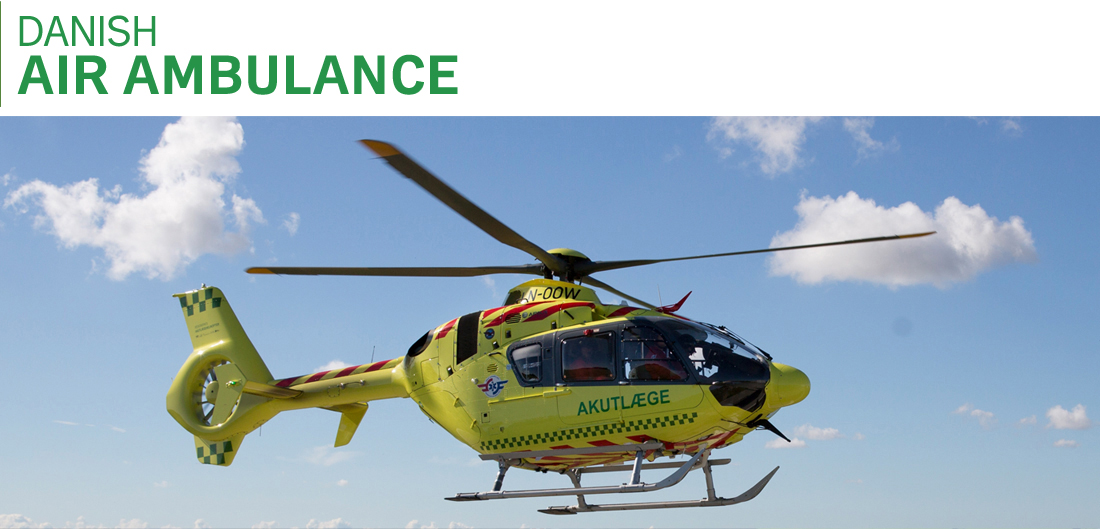Background
In out-of-hospital cardiac arrest (OHCA), the decision to resuscitate or not is made by one physician. Previous research elucidate this decision-making as a combination of medical and non-medical factors – including ethical considerations. Guidelines for out-of-hospital cardiac arrest is mainly composed around medical factors and rarely include the non-medical factors.
Purpose
The purpose of this PhD-project is to investigate and elucidate ethical considerations and their role in decision-making in out-of-hospital cardiac arrest through three studies.
Method
- A mixed methods systematic review on the non-medical factors’ influence in decision-making processes in OHCA.
- A retrospective study concerning the documentation of ethical considerations in OHCA.
- A qualitative ethnographic study elucidating ethical considerations in OHCA using participant observation in the Danish Air Ambulance and the mobile emergency care units in Denmark.
Collaboration
A collaboration between the Danish Air Ambulance, Danish mobile emergency care units, philosophers from the University of Southern Denmark, and researchers from Aalborg University, Copenhagen University and the validation group from the Danish Cardiac Arrest Registry.
Results
An overall finding was a pronounced variation and heterogeneity in ethical considerations and practices. The patient’s autonomy was a general theme throughout all three studies with the assessment of the patient’s wishes and preferences proving difficult. We found variations in practices and attitudes towards advance directives, made to indicate patient wishes. We observed difficulties with the assessment and utilisation of DNACPRs. Similarly, the inclusion of family wishes, preferences, and statements varied. These areas as well as expectations from patients, relatives, and society, and the influence of prehospital clinicians’ values and beliefs may amplify disparities in OHCA decision-making.
